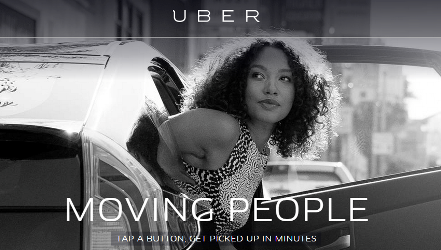Uber Canada is prepared to work under city regulations, however, current rules are outdated and perhaps should be revamped to allow traditional taxi operators to become ride-sharing players, according to Ian Black, general manager of Uber Canada.
The mobile app-based, ride-sharing service has taken the local taxi industry by storm and attracted thousands of users since its entry into Canada in 2014. Despite that Uber continues to face stiff resistance from Canadian municipalities and strong protests from taxi companies. Taxi drivers complain that while they have to abide by rules of operation and pay costly license fees, Uber drivers are unencumbered by such regulations and are able to undercut them on fares.
RELATED CONTENT
Attempting to regulate the present from the past
Uber’s presence throughout the country is varied.
Just last week, Uber was granted a taxi brokerage license in Toronto. The license allows the company to operate Uber Taxi, a service that connects riders with cab drivers in the City of Toronto.
Uber X, the service that connects passengers with drivers using their personal vehicles, continues to operate in Toronto but illegally.
Edmonton is meeting with protesters and is preparing to set a vote on whether Uber should be allowed to operate in the city.
Vancouver has not yet approved Uber in order to protect local taxi operators but Todd Stone, transportation minister of British Columbia believes it’s only a matter of time before ride-sharing services get to operate in the province. The Vancouver Taxi Association also said it is ok with Uber coming to the city but it should follow regulations that govern taxis.
Montreal is not so welcoming. The city seized more than 400 vehicles in 2015 as part of its battle with UberX.
Black said Uber is willing to work with municipalities regarding regulations but added that some rules have not kept up with technology.
“Where our model doesn’t fit, we certainly have to do work with governments to update those, but updating them in a way that protects public safety, but also puts the needs of consumers and drivers first,” he told CBC.
He suggested that some taxi operators probably want to convert into ride-sharing services as well.
“We’ve seen that happen in some markets where old taxi companies adopt to the new model, and hopefully in the process improve the level of service that gets offered to customers,” he said.
Black believes Uber and traditional taxi services can co-exist.
“We can have car-sharing, we can have ride-sharing, we can have taxis, public transportation,” he said in an interview with the CBC. “All of those things work together to make the transportation fabric even richer in cities.”
He also said fears by taxi drivers that they will be driven out of business are unfounded. He cited the taxi industry in San Francisco which he said has remained stable.
“It’s roughly the same size as it was five years ago when Uber first came into the market,” Black said.
He said there will always be riders who will prefer to take traditional taxis.

